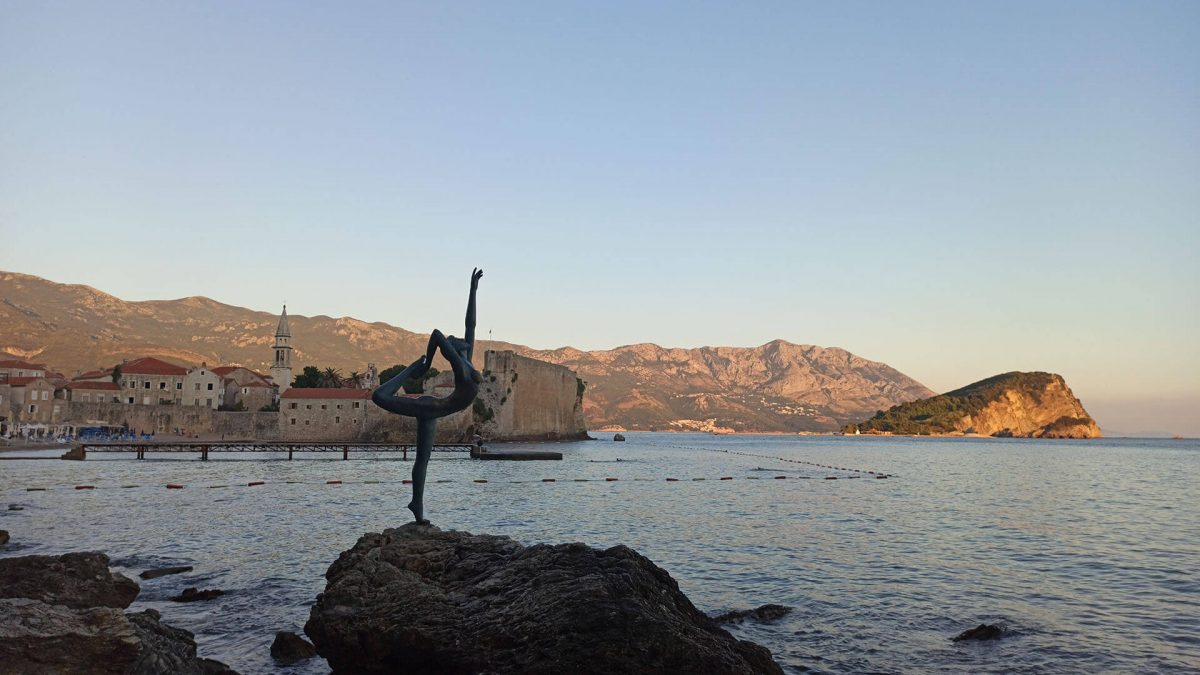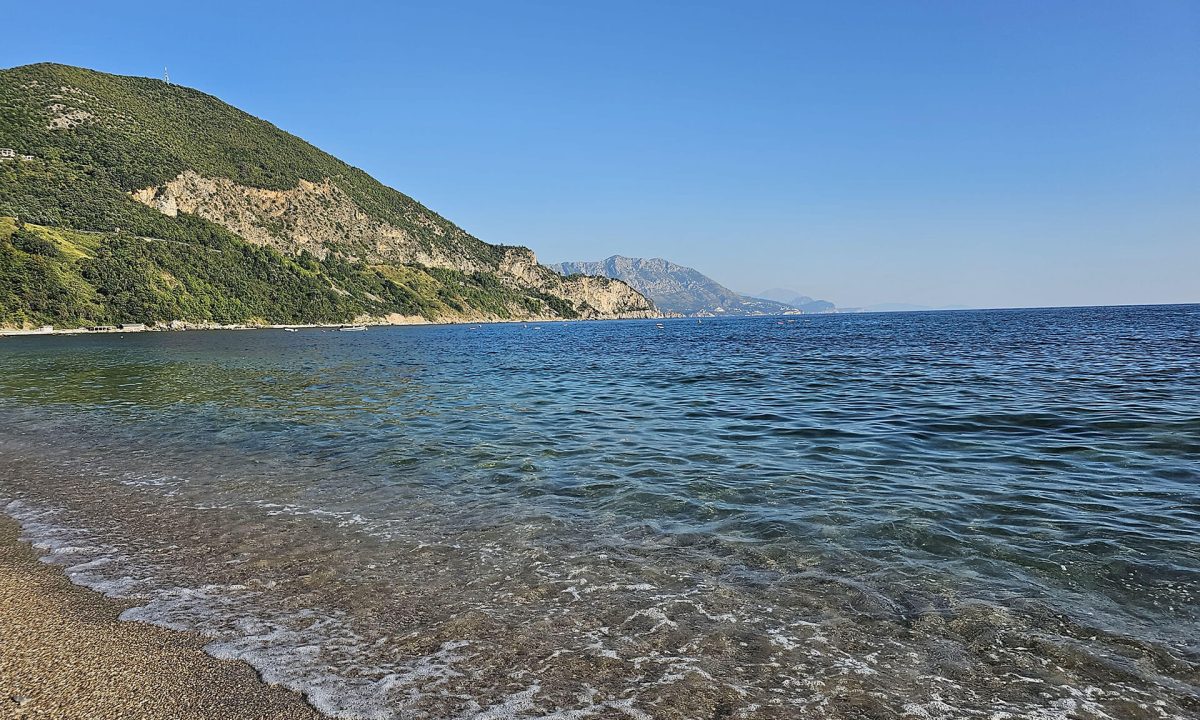
Mobile Operators in Montenegro
February 16, 2024
April on the Adriatic Coast
April 9, 2024Summary: A foreigner who enters Montenegro without a visa, according to the local law, is obliged to report and register his stay within 24 hours after entering the country. If you’re staying in a hotel or other accommodation, please ask the owner of your accommodation if they will register you or you need to register by yourself. All the tourists also must pay residence tax which could be different in different municipalities at different time of the year but most often it is 1.00 euro per person per day, children up to 12 years do not pay residence tax. Young people between 12 and 18 years pay half, i.e. 0.50 euros.
Registration
All foreigners who enter Montenegro are obliged to report and register their stay within 24 hours after entering the country.
If a foreigner stays with a registered accommodation provider (hotel, motel, registered apartments, etc.), the registered accommodation provider has the obligation to report and register the foreigner’s stay within 12 hours from the moment of registration of that foreigner with the accommodation provider.
If a foreign citizen will not stay with a registered accommodation provider, he is obliged to report and de-register his stay within 24 hours from the moment of entering the country.
Registration of residence is done at the police or tourist organization. The procedure is quick and simple, you have to have your passport with you and have the information about your landlord (first name, last name, last name, address and phone number) in case you’re doing it by yourself. A real estate certificate is mandatory for real estate owners.
It is important to say that a foreign citizen will not bear legal consequences if the registered accommodation provider or tourist organization does not report his stay within the legally prescribed period, and if it was their obligation, the police officers will in that case issue a misdemeanor order to the responsible legal entity.
Taxes
Any person who, outside of his residence, uses accommodation services in an accommodation facility where tourism or catering activities are carried out, is obliged to pay the residence tax for each day of his stay. The residence tax is a lump sum paid by domestic and foreign citizens under equal conditions.
An accommodation facility from the point of view of residence tax collection is considered to be: hotel, motel, boarding house, tourist apartment, resort, camp, mountain lodge, room for rent and all other facilities where accommodation services are provided. The residence tax is collected by a legal entity and a person who provides overnight accommodation services (accommodation provider). The amount of the residence tax is determined by the municipality by its regulation.
A foreigner who owns real estate in Montenegro does not pay residence tax, provided that when registering for residence, he proves ownership with a real estate deed or other ownership document (In the case of owning real estate, only the closest family members (father, mother, son, daughter, brother, sister) do not pay the tax, and all other relatives, godparents and friends are obliged to pay the full price of the residence tax).
Children under the age of 12 do not pay the residence tax. Young people aged 12 to 18 pay 50% of the residence tax.
People who also do not pay the residence tax:
1. People with severe sensory and physical disabilities (blind, deaf, dystrophic, etc.);
2. People referred to spa and climate treatments, i.e. specialized rehabilitation by the competent medical commission;
3. People who have a residence and work permit (annual and seasonal);
4. People who continuously stay in the accommodation facility for more than 30 days;
5. Participants of school excursions, i.e. pupils and students whose stay is organized by schools and faculties as part of regular programs, sports and cultural events;
6. Foreign citizens who are exempt from paying taxes according to international conventions and agreements;
7. Foreign citizens who come organized, through official humanitarian organizations, to provide humanitarian aid.
People who do not pay the residence tax are obliged to submit proof of fulfillment of the conditions established in the same paragraph (membership card, certificate from the school, doctor, medical referral, etc.).




